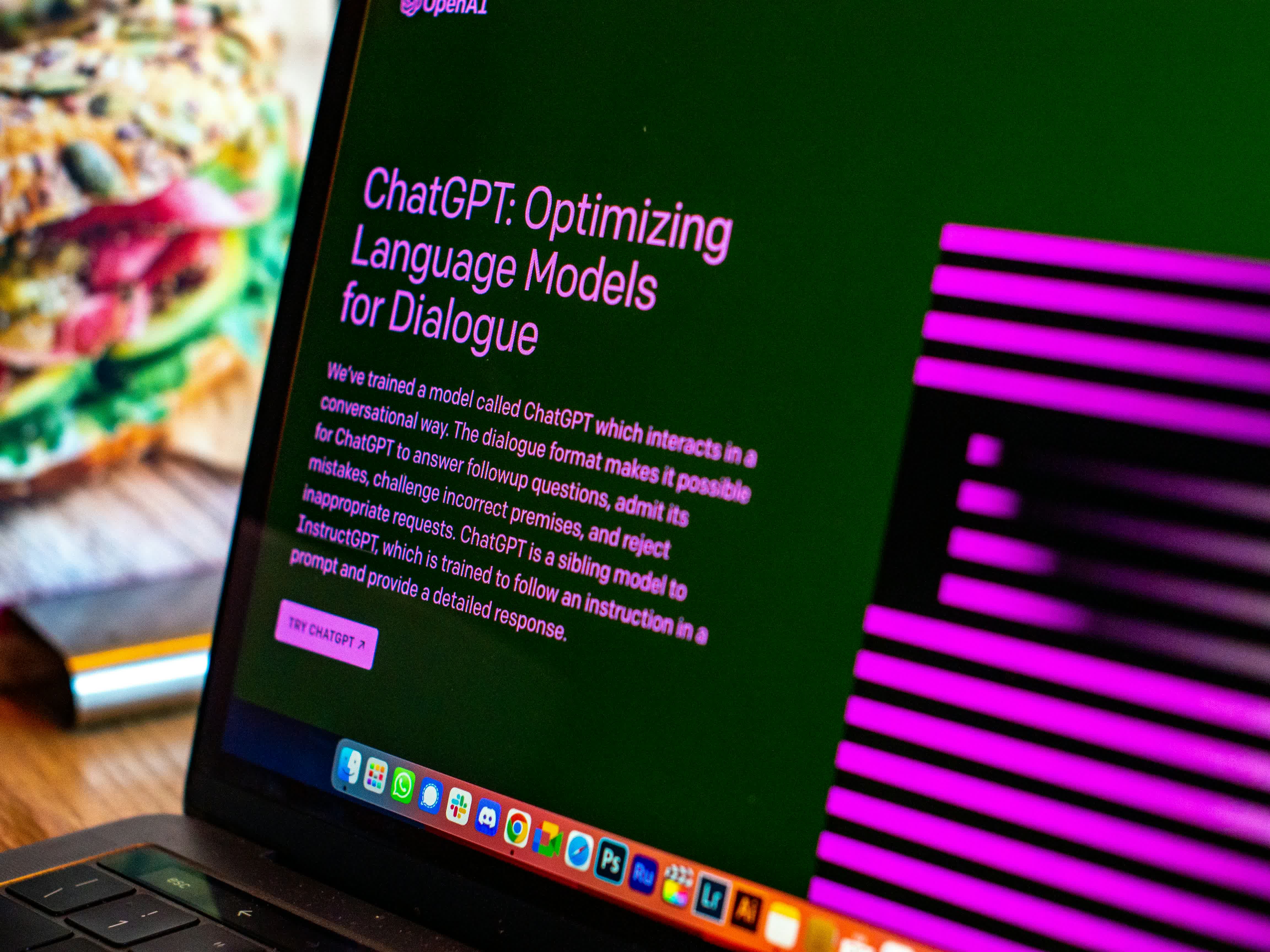Bottom line: Shipments of AI PCs – that is, those with the requisite hardware and software to run generative AI tasks locally – are expected to reach nearly 50 million units this year but could swell to more than three times that figure in just a few years.
Until recently, running AI tasks on a local machine involved the CPU, the GPU, or a combination of the two. That's not ideal for a couple of reasons. CPUs and GPUs aren't optimized for AI tasks, so using them for that purpose can impact overall system performance and drain batteries faster.
Neural processing units (NPUs), which are now finding their way into consumer devices, are specifically designed to tackle AI workloads as efficiently as possible. IDC outlined three classes of NPU-enabled AI PCs as follows:
- Hardware-enabled AI PCs feature an NPU that offers under 40 tera operations per second (TOPS) performance, and typically enable AI features within apps. Apple, AMD, Qualcomm, and Intel are actively shipping these kinds of chips.
- Next-generation AI PCs include NPUs with 40 – 60 TOPS performance and utilize an AI-first operating system to enable AI capabilities system-wide. AMD, Qualcomm, and Intel have all announced chips in this category that should start arriving later this year.
- Advanced AI PCs are described as those that offer over 60 TOPS of performance. No vendors have announced products that'd fall into this category yet, but they are expected in the coming years. Notably, IDC's latest forecast does not account for advanced AI PCs but they will be included in future updates.
IDC expects shipments of hardware-enabled AI PCs to ramp up sharply over the next two years before next-gen AI PCs take over. By 2027, the research firm believes shipments of next-gen AI PCs will be double that of hardware-enabled AI PCs. IDC said many of these systems will be sold to commercial clients, but consumers should also have plenty to look forward to including new digital content creation tools and AI-enhanced PC gaming.
Image credit: Emiliano Vittoriosi
